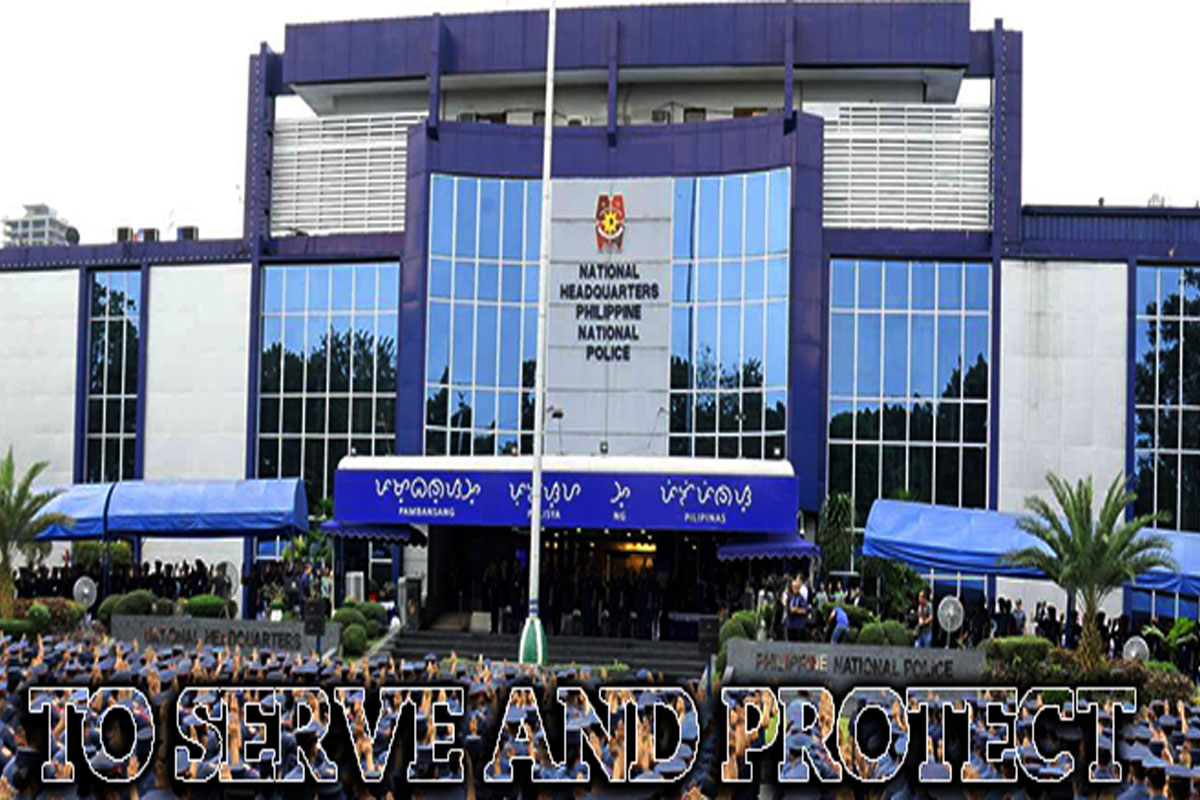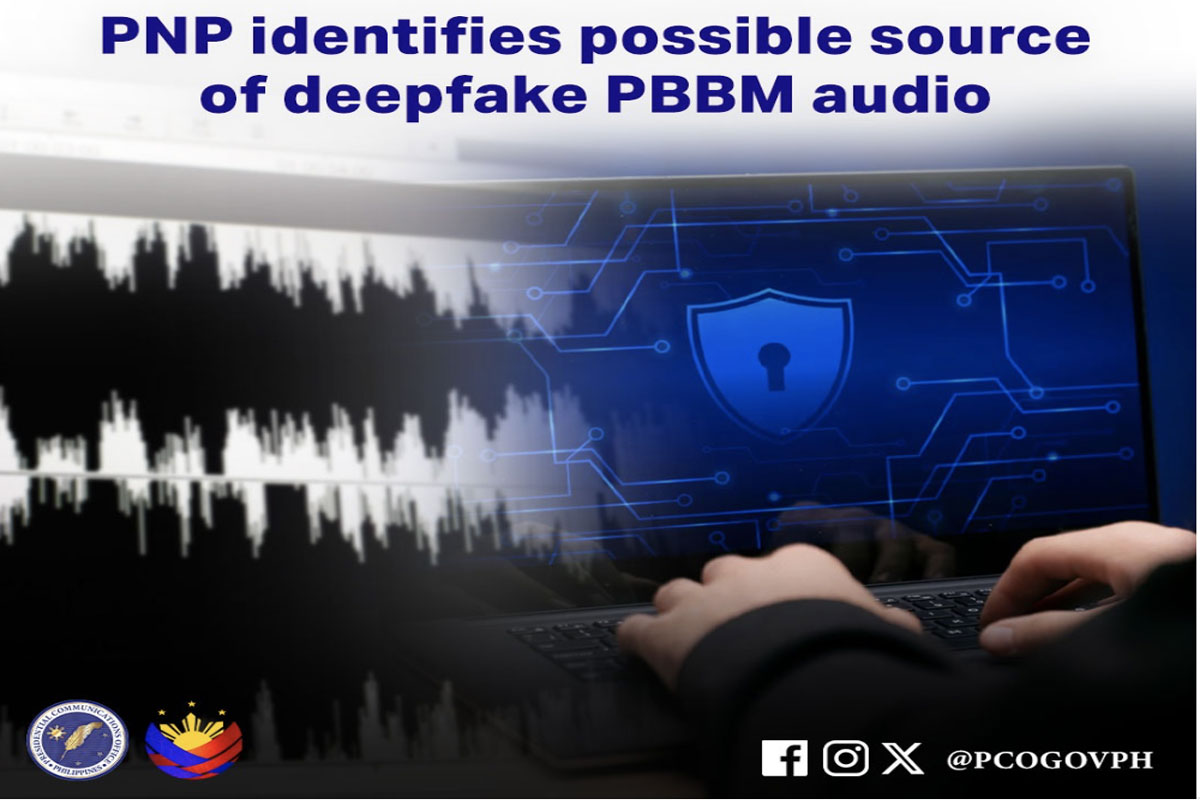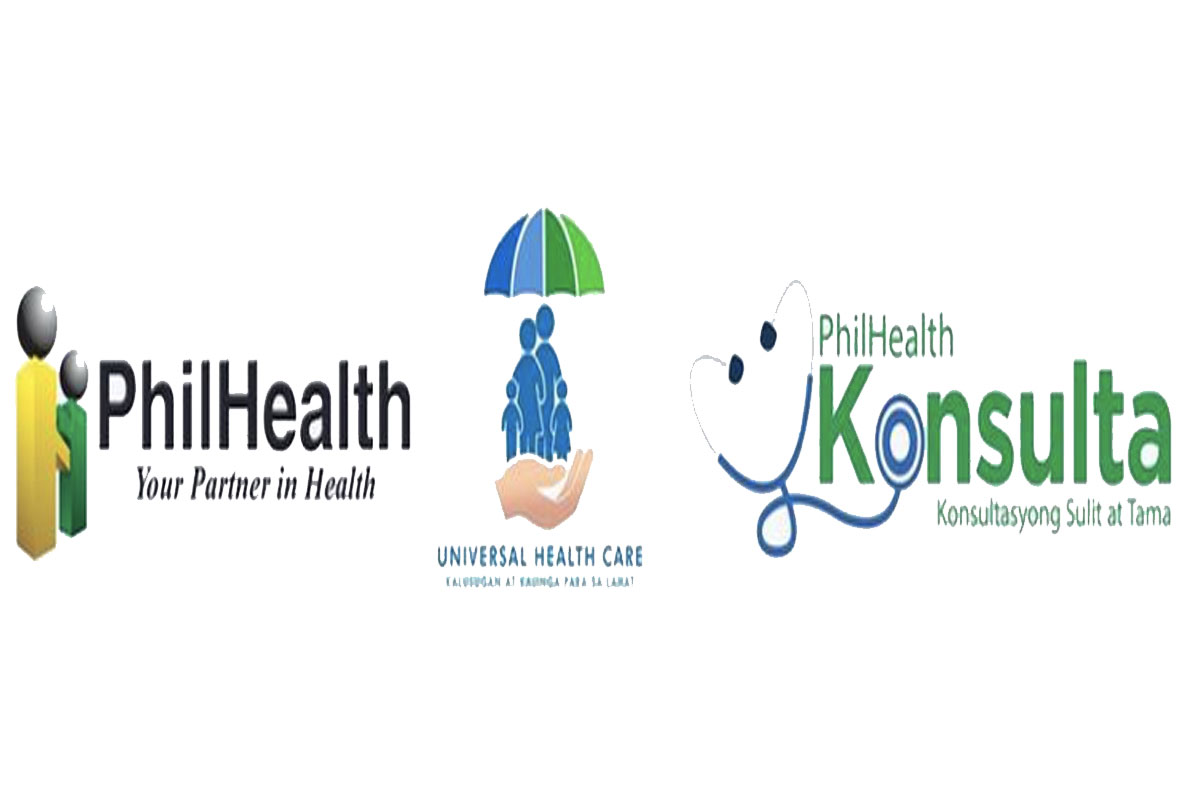
Prevention of teen pregnancy pressed
A congressional panel has approved House Bill No. 79 or the “Adolescent Pregnancy Prevention Act” along with six other related measures.
Principal author Albay Representative Edcel Lagman said the bill will allow Filipino adolescents to have access to modern contraceptives without parental consent.
He thanked the House Committee on Youth and Sports Development for giving priority to the proposed law.
Lagman maintained that “young people have the right to lead healthy lives and the means to protect their health and safeguard their future. This includes access to reproductive health information, services, and commodities.”
He underscored that access to modern contraceptives to adolescents is impressive because adolescent pregnancy, particularly from ages 10-14, has become a national social emergency and adolescent pregnancy and childbirth account for the highest rate of maternal mortality.
Lagman pointed out that early childbearing is a leading factor in intergenerational poverty; and it is a speculative and mistaken notion that access to contraceptives will lead to adolescent promiscuity.
The committee chaired by Rep. Faustino Michael Dy III is now preparing the integration of the similar bills and incorporating committee amendments.
According to Lagman, access to contraceptives by adolescents will complement the mandatory reproductive health and sexuality education provided for in RA No. 10354 or the Responsible Parenthood and Reproductive Health Law which was enacted in 2012.
As approved by the Committee, access to reproductive health services shall be made available under the following conditions: in keeping with the principle of the evolving capacities of the child, if they are 15 to below 18 years of age, access to RH services and commodities shall be made available to them without the need of consent from a parent or legal guardian; in keeping with the mature minor doctrine, young persons aged below 15 who have already begun childbearing, or those who have experienced sexual abuse, miscarriage, or is sexually active or engaged in high-risk behavior shall have full access to reproductive health services without the need of consent from a parent or legal guardian; and If the person is below 15 years of age, and is mentally incapacitated or in any other case not covered by letter B, consent shall be obtained from a parent or legal guardian.
In cases when the child’s parents or legal guardian cannot be located despite reasonable efforts, or if the child’s parent or legal guardian refuses to give consent, it shall be obtained from a duly licensed and trained healthcare service provider, the measure states.



















